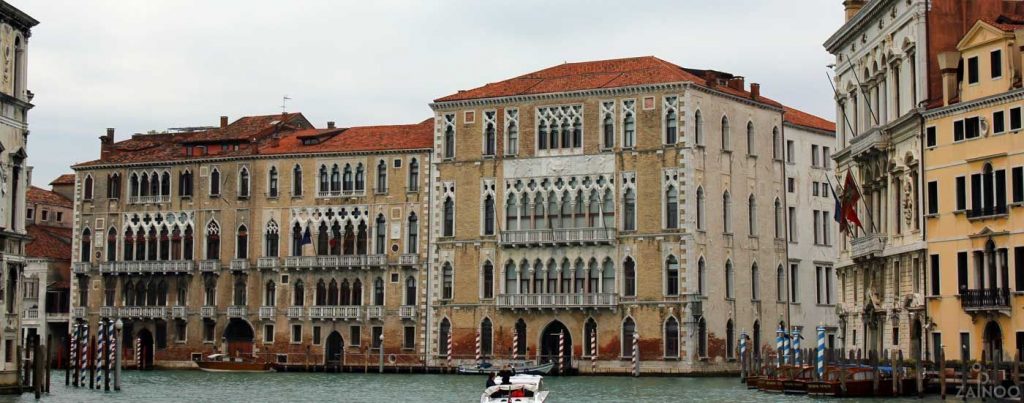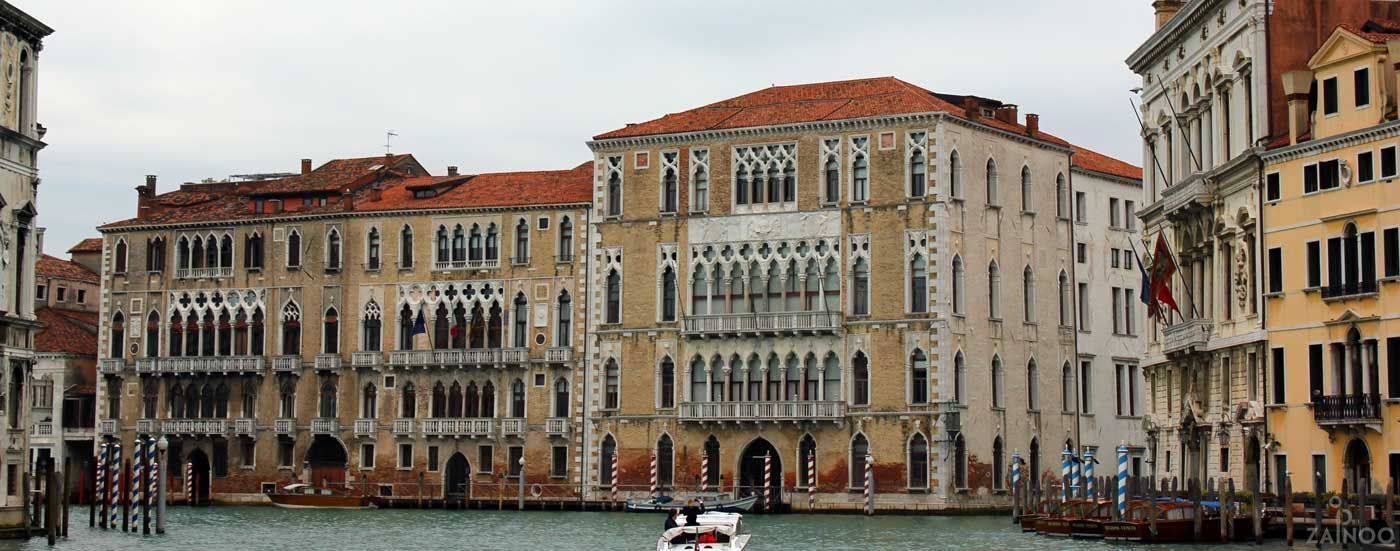Applications are invited for Marie Curie Post-doc Positions at Ca’ Foscari University of Venice. The Marie Sklodowska-Curie actions support researchers at all stages of their careers, regardless of age and nationality.
With the aim of promoting excellence in research and fostering the exchange of knowledge, we encourage all researchers from abroad to apply for a grant and to choose Ca’ Foscari University as Host Institution: our research themes match many topics and we offer an outstanding research environment to carry out their project.
User Review
( votes)Founded on August 6, 1868, as the “Scuola Superiore di Commercio” (Advanced School for Commerce), Ca’ Foscari was the first Italian institution to deal with advanced education in Business and Economics. Ca’ Foscari strives to attract and nurture talented scholars across the world, delivering cutting-edge research emerging from the engagement of the hard and digital sciences with social sciences and humanities.
Applicants whose first language is not English are usually required to provide evidence of proficiency in English at the higher level required by the University.
Scholarship Description:
- Applications Deadline: September 12, 2018
- Course Level: Positions are available to pursue Postdoctoral programme.
- Study Subject: Ca’ Foscari University of Venice awards these positions to students interested in Marie Sklodowska-Curie research proposals covering the following topics:
- History of Science and Technology
- History of dissemination of scientific knowledge with attention to the social aspects of the issue
- History of scientific networks
Scholarship Award: The European financial contribution for a Marie Curie Fellowship is a flat-rate for the entire period of the project. The average salary of a MSCA fellow in Italy is around 4000 euros per month (after taxes). It provides the following entries yearly allocated:
Researcher unit cost (per month)
| Living allowance* | Mobility allowance | Family allowance |
| € 4.880 | € 600 | € 500 |
Institutional unit cost (per month)
| Research, training and networking costs | Management and indirect costs |
| € 800 | € 650 |
* A country correction coefficient applies to the living allowance.
- Nationality: Researchers of all nationalities are eligible to apply.
- Number of Scholarships: Numbers not given
- Scholarship can be taken in Italy
Eligibility for the Scholarship:
Eligible Countries: Researchers of all nationalities are eligible to apply.
Entrance Requirements: Applicants must meet the following criteria:
- PhD in History / History of Science
- The fellow should have experience in Cultural in the history of science and technology in Europe in the modern age (XV-XVIII centuries)
- The fellow should have developed research experience in international research groups.
- Researchers shall, at the time of the deadline for submission of proposals, be in possession of a doctoral degree or have at least four years of full-time equivalent research experience (measured from the date when he/she obtained the degree formally entitling him or her to embark on a doctorate).
- Furthermore, at the time of the deadline for submission, researchers shall not have resided or carried out their main activity(work, studies, etc) in the country of their host organisation for more than 12 months in the 3 years immediately prior to the reference date.
English Language Requirements: Applicants whose first language is not English are usually required to provide evidence of proficiency in English at the higher level required by the University.
Italy Scholarships
Application Procedure:
How to Apply: The Participant Portal will guide you through the process of preparing and submitting a proposal.
The EU’s Research Executive Agency (REA) evaluates all eligible proposals, identifying those good enough to receive funding. The evaluation is based on a peer-review carried out by independent experts.
REA then establishes grant agreements with applicants whose proposals have passed the evaluation stage. The process is designed to work for you! Thousands of individuals and organisations have secured grant funding – If you want to know more about the application process, you can soon check out our infographic.
Find more information in the Apply section


